Polyvinyl Chloride (PVC): A Cornerstone of Modern Industry
Polyvinyl Chloride, commonly known as PVC, is one of the most versatile and widely used synthetic plastics in the world. Its unique combination of durability, cost-effectiveness, and adaptability has made it an essential material in industries ranging from construction and healthcare to electronics and consumer goods.
What is PVC?
PVC is a thermoplastic polymer produced by polymerizing vinyl chloride monomers. It is a highly adaptable material, capable of being rigid or flexible, depending on the application. Its affordability and excellent performance characteristics make it an indispensable material for countless applications.
Key Properties of PVC
- Durability
PVC is resistant to corrosion, chemicals, and environmental wear, making it ideal for long-term use in demanding conditions. - Waterproof and Lightweight
PVC’s resistance to moisture and its lightweight nature make it perfect for plumbing, roofing, and other outdoor applications. - Fire Resistance
PVC is inherently flame-retardant due to its high chlorine content, offering an added layer of safety in various applications. - Recyclability
As industries focus on sustainability, PVC stands out for its ability to be recycled and reused, reducing environmental impact. - Ease of Processing
PVC can be molded, extruded, and shaped into complex forms, meeting the needs of diverse industries.
Derivatives of PVC
PVC’s versatility is further enhanced through modifications, creating derivatives tailored for specific applications:
- Rigid PVC (uPVC)
Unplasticized PVC, or rigid PVC, is strong and durable, commonly used in pipes, window frames, and doors. - Flexible PVC
Flexible PVC is softened with plasticizers, making it suitable for cables, flooring, and hoses. - Chlorinated PVC (C-PVC)
C-PVC is treated with chlorine to enhance its heat and pressure resistance, making it ideal for hot water pipes and industrial uses. - Foamed PVC
Lightweight and durable, foamed PVC is used in signage, displays, and packaging.
Applications of PVC
PVC is used in nearly every major industry due to its exceptional properties:
- Construction
PVC is a go-to material for pipes, window frames, roofing membranes, and wall coverings. Its durability and low maintenance requirements make it ideal for building infrastructure. - Healthcare
PVC is indispensable in the medical field, used to manufacture blood bags, tubing, surgical gloves, and other disposable medical devices. - Electronics
PVC’s insulating properties make it the material of choice for wire and cable sheathing, as well as protective casings for electronic components. - Industrial Uses
PVC is used in chemical storage tanks, linings, and other industrial equipment requiring resistance to corrosion and harsh chemicals. - Consumer Goods
From flooring and packaging to toys and home décor, PVC plays a significant role in creating durable, high-performance consumer products.
Why Choose PVC?
PVC is not only cost-effective but also one of the most versatile materials available today. Its ability to be customized for specific applications, combined with its durability and sustainability, makes it a key material in shaping the future of manufacturing.

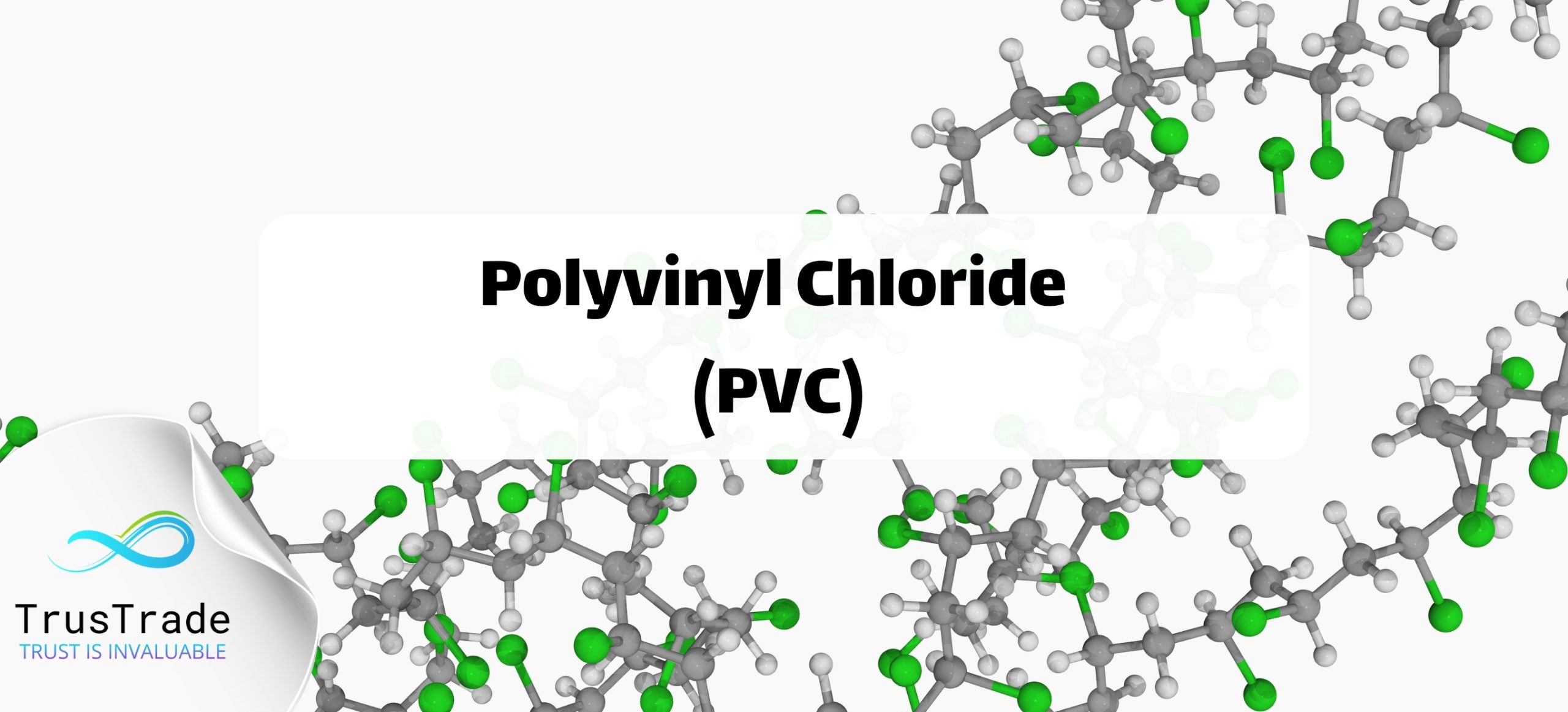
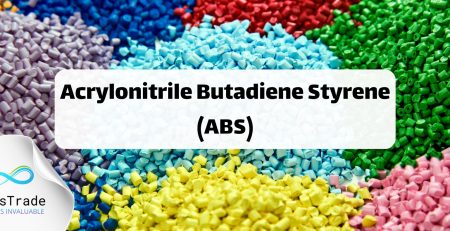

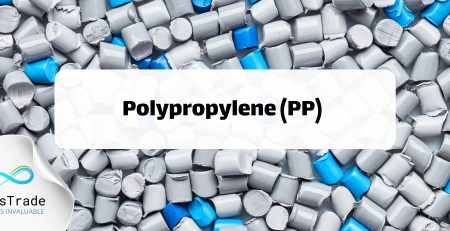
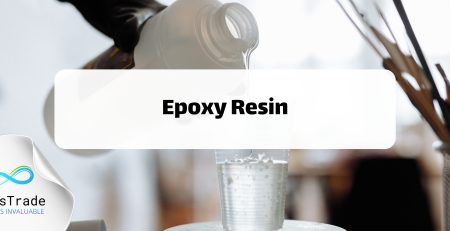
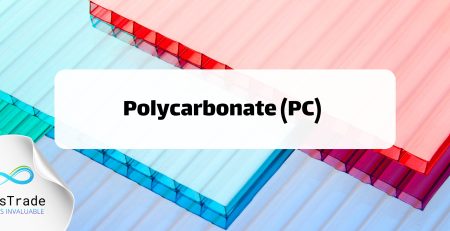

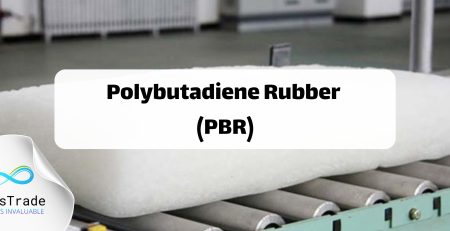
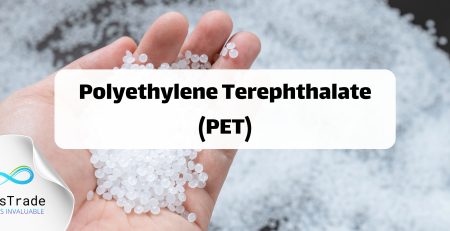
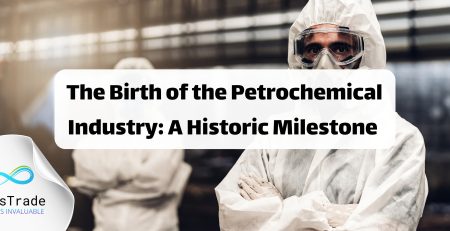
Leave a Reply